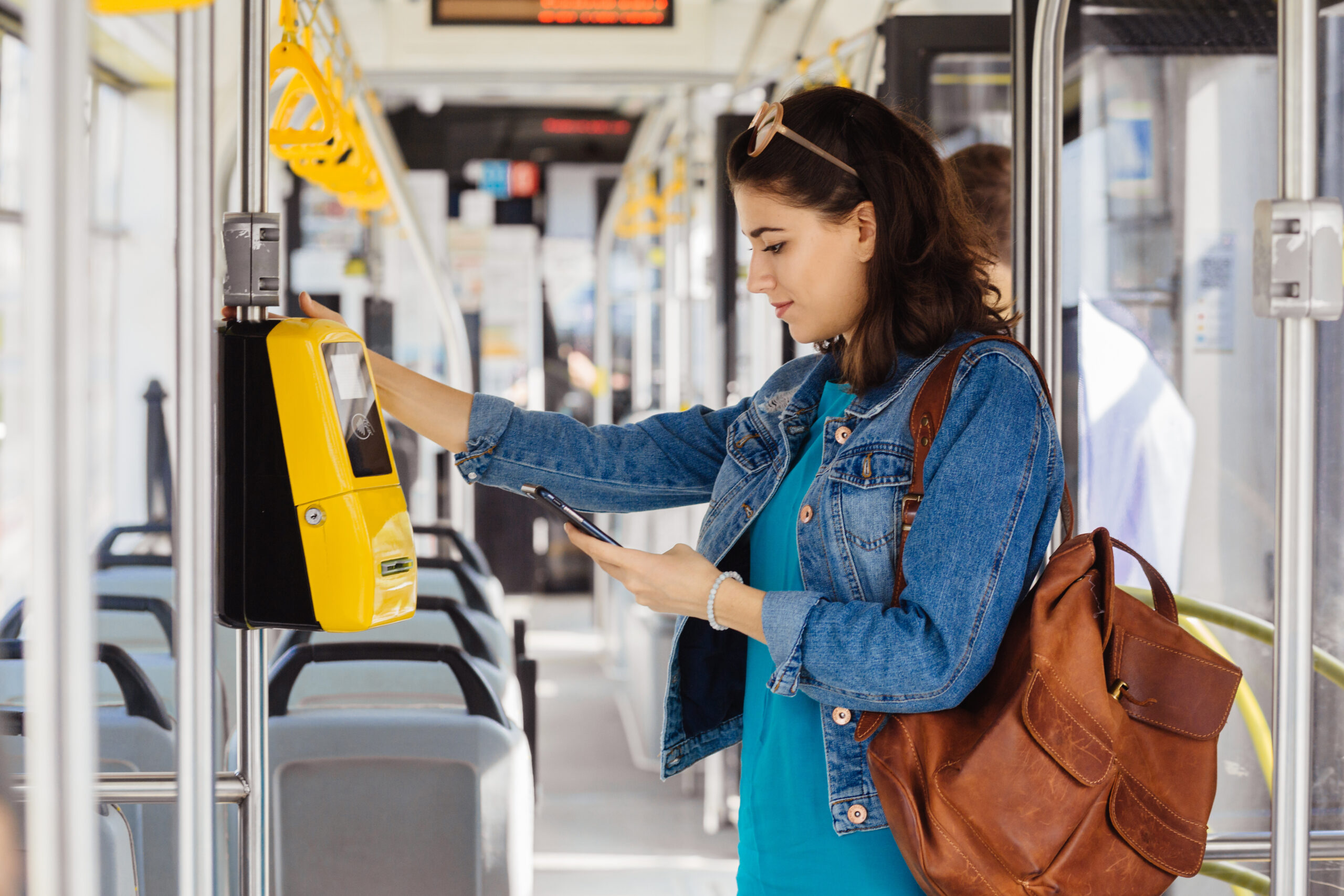By Devin Partida, Editor-in-Chief, ReHack.com
Cybersecurity is a growing concern with new technology. We can streamline processes using technology, but sometimes personal information can be leaked. Online safety is more important than ever as transportation becomes more connected. Here are a few reasons why cybersecurity is essential and how to implement change.
Concerns With Technology
The transportation industry is vulnerable to hackers and people rely on it every day. Here are a few concerns to note.
1. Cyberattacks Are Becoming More Common
The transportation sector becomes more vulnerable as technology helps improve efficiency.
Between June 2020 and 2021, the industry saw a 186% increase in weekly ransomware attacks. With this new trend, creating better cybersecurity is essential.
Some high-profile companies like the San Francisco International Airport have been targeted recently. In February 2022, a Russia-based hacking group used ransomware to disrupt oil terminals across Belgium and Germany. Without proper control, these issues could become more frequent and severe.
2. Transportation Is Becoming More Connected
Transportation sectors have become more reliant on the internet of things (IoT). IoT is used to help manage traffic, tolls, and ticketing. There is also talk of smart cities connecting vehicles to nearby infrastructure.
Each IoT device or smart city element creates a potential gateway for hackers. The other challenge is that some smart devices don’t have sufficient built-in security. With more connections and fewer security measures, cyberattacks could become more successful.
3. Improving Security Is a Challenge
Organizations like airports need security and business requirements to create efficiency and safety. Sometimes tighter security can result in inefficiencies for transit companies. With more restrictions, some smaller companies could see a decrease in business.
Focusing only on basic security measures leaves organizations more vulnerable. That’s why it’s essential to balance safety and productivity.
4. These Attacks Can Have Harmful Effects
The transportation industry is a sensitive sector that many people rely on. If it is compromised, this impacts people’s daily commute. It also affects the economy since businesses rely on transportation to sell products.
Another issue is that transportation breaches can be costly. The average expense of a data breach was $4.24 million in 2021. While companies try to contain the spread, they can lose profits.
5. Cybersecurity Is a Newer Concept in the Transportation Industry
One of the challenges is that transportation companies didn’t always rely on technology. Therefore, the idea of cybersecurity is still relatively new to the field. Many lower-tech companies, like trucking, don’t understand the risks and best practices.
This leads them to overestimate their security and downplay their vulnerabilities. Proper education and training are one way to fix this issue.
How to Improve Cybersecurity
With more connectivity and a lack of education, it’s essential to protect the transportation industry.
1. Be Selective About Who Accesses Systems
To ward off hackers, limit access to sensitive data. Ensure only people in the company who need that information for the role can get to it. Keep essential documents, like budget sheets, among stakeholders and upper management. Limit outside customers’ access to data as well. Ensure outside vendors follow cybersecurity standards for their products to prevent unexpected attacks.
2. Update Systems Regularly
Some companies are slow to adopt management technologies. Those who adopt modern platforms don’t always regularly update them. Outdated software can make it easier for hackers to connect to company devices. Consistent upgrades also ensure organizations have the most current and effective security system. When updating, install antivirus software as well.
3. Test Employees
Have company-wide assessments to determine the vulnerabilities in the current strategy. These tests help understand the strengths and weaknesses of the current cybersecurity plan. In addition, set up a fake attack and see the employees’ reactions. Determine which staff members need more training. Companies can conduct these assessments on their own or hire a third party.
4. Get an Insurance Policy
Invest in cybersecurity insurance to protect sensitive information, like drivers’ or passengers’ personal information. These plans can help cover costs for system recovery and lawsuits. Many brokers require the business to have a cybersecurity policy before providing coverage.
Look for a plan that covers the following:
- Data loss
- Cyberattacks on data held by vendors
- Breaches of the network
- Cyberattacks that occur anywhere in the world
- Acts of terrorism
5. Train the Staff
Many attacks happen due to a lack of awareness, which is where training comes into play. Proper training helps employees identify the signs of scammers and what to do if they are targeted. Ensure employees know how to create strong passwords and identify phishing scams. Make this training part of annual meetings and a requirement for orientation.
Why Cybersecurity Is Key
Technology makes things more connected. This has its perks but also a few downsides. Scammers can more easily cause security breaches, especially in the transportation sector. This industry faces concerns due to growing connectivity and less awareness. Ultimately, proper training and well-chosen insurance policies can help solve these challenges.
Devin Partida is an industrial tech writer and the Editor-in-Chief of ReHack.com, a digital magazine for all things technology, big data, cryptocurrency, and more. To read more from Devin, please check out the site.
.
.
.
Follow Brilliance Security Magazine on Twitter and LinkedIn to ensure you receive alerts for the most up-to-date security and cybersecurity news and information.


